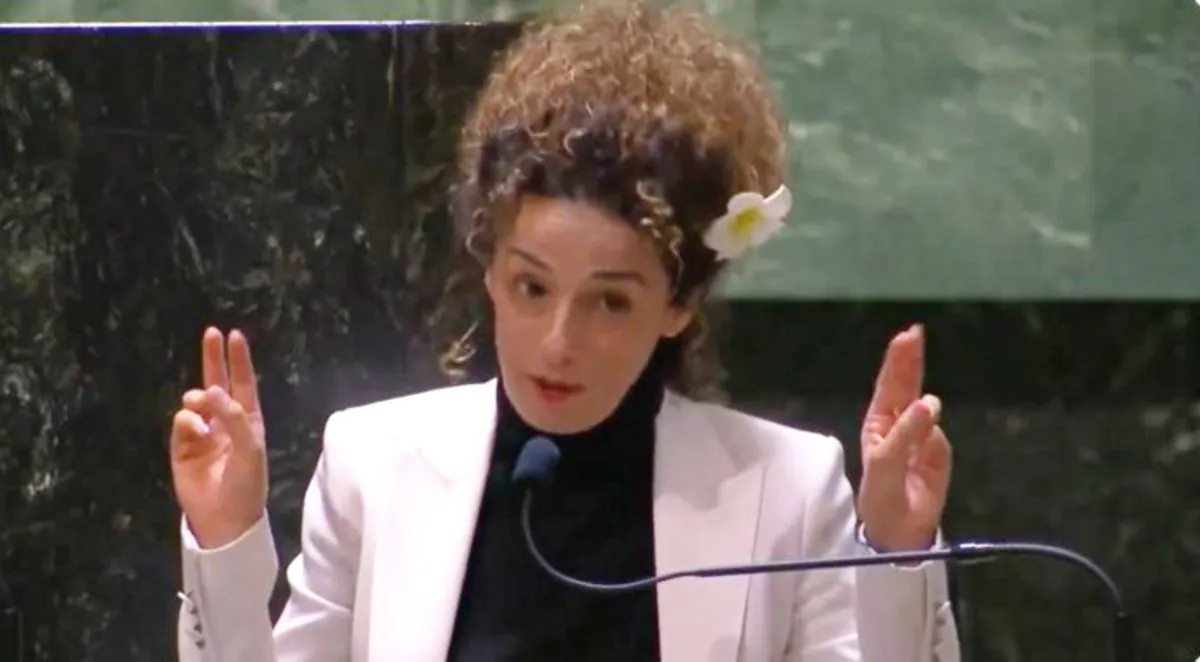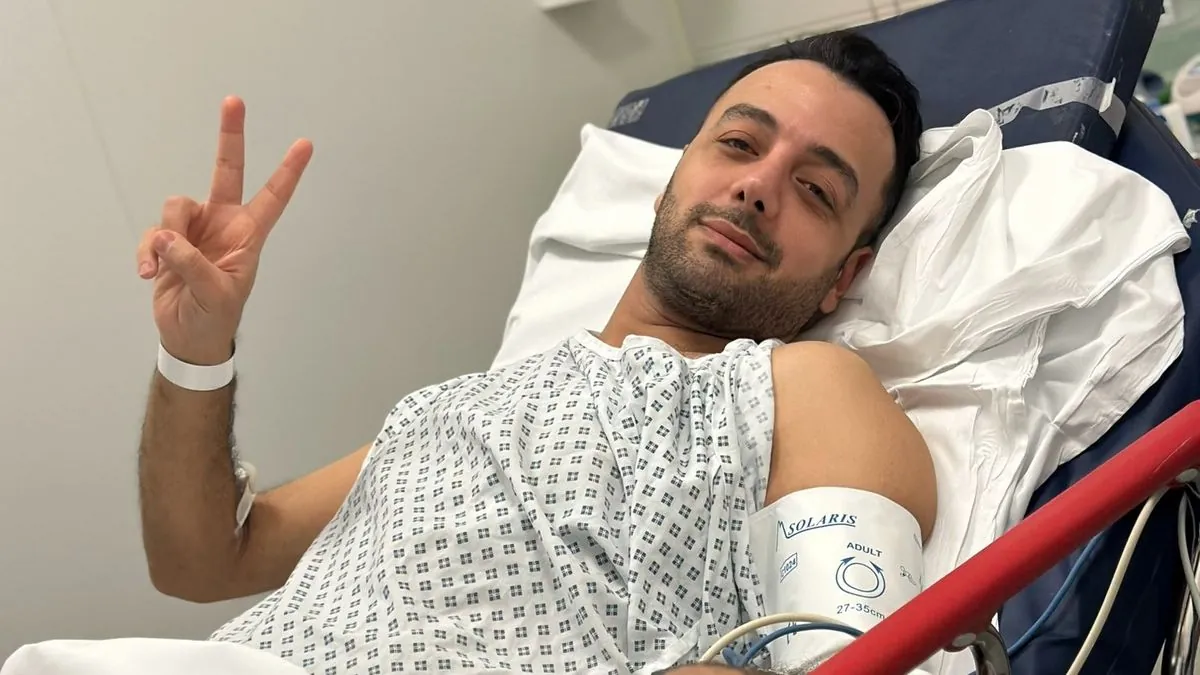Iran's New Tactic: Hiring Criminal Networks to Target Dissidents Abroad
Iran is increasingly using criminal gangs to attack exiled journalists and activists, complicating efforts to protect targets. Recent plots reveal a shift in Tehran's approach to silencing critics overseas.

Iran has adopted a new strategy in its efforts to silence critics abroad, turning to criminal networks rather than its own operatives to carry out attacks on dissidents and journalists. This shift has made it increasingly challenging for Western security services to protect potential targets.
The stabbing of Pouria Zeraati, an exiled Iranian journalist, outside his London home on March 29, 2024, exemplifies this evolving tactic. Despite extensive protective measures, including safe houses and police monitoring, Zeraati was attacked by assailants with no apparent connection to Iran's security services.
British investigators believe the attackers were criminals from Eastern Europe, hired by Iran to carry out the assault. This approach allows Tehran to maintain plausible deniability while still intimidating its perceived enemies.

The use of criminal proxies has become a hallmark of Iran's recent operations against dissidents. U.S. and European officials have uncovered plots involving various criminal groups, including:
- Hells Angels biker gangs
- The "Thieves in Law" Russian mob network
- Heroin distribution syndicates
- Violent criminal groups across Europe and South America
At the center of many of these operations is Naji Sharifi Zindashti, an alleged heroin trafficking kingpin based in Iran. U.S. authorities have accused Zindashti of orchestrating plots against Iranian defectors and regime critics in multiple countries.
One such plot involved Hells Angels members in Canada, who were allegedly hired to assassinate an Iranian defector living under a false identity in Maryland. The scheme unraveled when Belgian and Dutch authorities breached the encrypted messaging service used by the conspirators.
Iran International, a London-based Persian news channel, has been a primary target of these operations. At least five journalists associated with the network have faced assassination plots. The channel's critical coverage of events in Iran, including the 2022 protests following Mahsa Amini's death, has made it a focus of Tehran's ire.
"We deny any link to this story of this so-called journalist."
The targeting of Iran International led to extraordinary security measures, including the temporary relocation of its operations to Washington, D.C. However, the attack on Zeraati demonstrated the ongoing vulnerability of Iranian dissidents abroad.
Western governments are struggling to adapt to this new threat landscape. Traditional counterintelligence methods focused on tracking state operatives are less effective against criminal networks deeply embedded in Western societies.
As Iran continues to refine its approach to transnational repression, the challenge of protecting dissidents and journalists in exile grows more complex. The use of criminal proxies blurs the lines between state-sponsored terrorism and organized crime, requiring new strategies and international cooperation to safeguard those at risk.


































